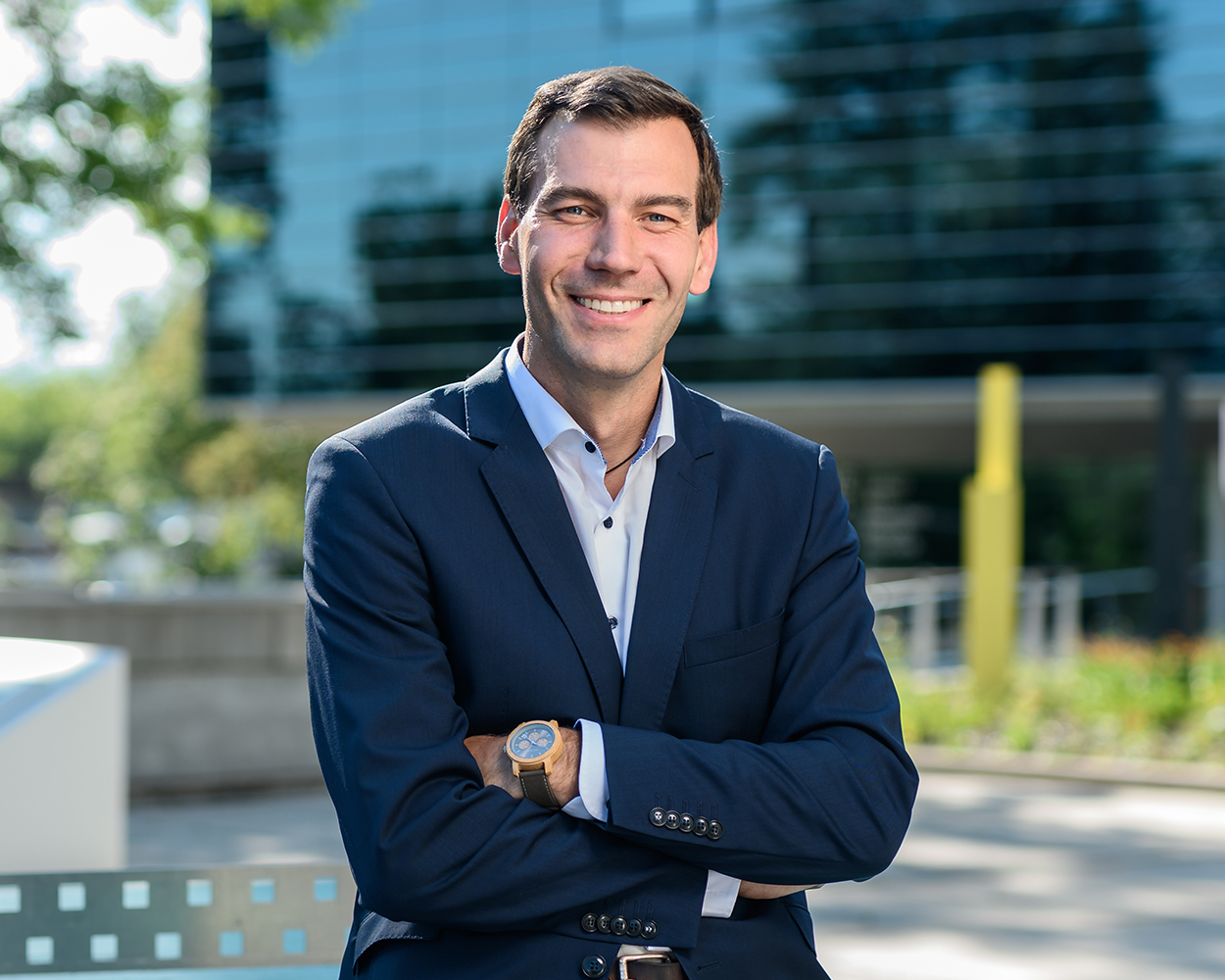
Beyond business
For family enterprises, doing business means a lot more than just running a business. While efficiency and short-term profits matter, enterprising families also care about generational continuity, transgenerational entrepreneurship, family socio-emotional wealth preservation and the family’s social capital. One way for families to leverage their human, social, and financial capital – and to ensure that their non-monetary goals are reached – is philanthropy.
Philanthropy (“love of humanity”) is an act of generosity and entails the donation of time, money or expertise. Most established enterprising families practice some form of philanthropy, although it is not always visible to the public because some families prefer to be discrete about it. Depending on the goals and structure of their philanthropic endeavors, there are numerous benefits for the family, the business, and also for society.
1] For the family
Philanthropy helps to keep the family together across generations. Enterprising families are altruistic towards the causes they support. They emotionally engage with stakeholders on their philanthropic journey. The distinctive values of enterprising families are the core reason why they genuinely care about the recipients of their philanthropic contribution. They use these philanthropic activities to educate family members about family legacy and to embed the family values in the next generation. Family foundations can also engage the extended family, who perhaps have nothing to do with the business, creating stronger familial ties. Finally, philanthropy can educate family members (in particular the next generation) in financial literacy, as they need to carefully assess the projects they wish to support and then do the financial budgeting, planning and monitoring to ensure that their means are used in the most effective manner.
2] For the business
Enterprising families often channel philanthropic activities through the business. This can be great for the organization’s reputation, signaling commitment to the long term and the importance of non-financial goals. This is important because long-term business goals often translate to the long-term goals of society, and this has a positive effect on the value commitment of the non-family employees. High levels of value commitment tend to lead to a group orientation where harmony and the group’s success hold greater value than individual achievement. This helps to reconcile family and non-family forces in the family business.
3] For society
The great challenges of our time are too big to be tackled by one stakeholder group alone. This is why governments, NGOs, businesses, philanthropists, impact investors and entrepreneurs are joining forces to ensure we pass on a world we would like to live in ourselves. We believe that the role of philanthropists will grow in importance as part of this multi-stakeholder effort. This is partly because over the next decades we will witness the greatest transfer of wealth to the next generation in human history. Today, the world’s wealthiest individuals are approaching retirement and starting to implement their wealth succession plans. The rising generation fundamentally differs from previous generations in ways of living: millennials and digital natives are globally connected change agents who deeply care about our planet and mankind and who want to tackle the world’s biggest challenges. The incumbent generation is willing to help the next generation unleash its energy and passion to create a healthy and sustainable world for everyone. The next generation of entrepreneurs – often social entrepreneurs – have bold ideas. When they match these with next generation of philanthropists and impact investors, great things can happen. This generation wants to see their families’ money help alleviate some of the world’s greatest problems for altruistic reasons. Family philanthropy is a vehicle for the incumbent generation to secure an enduring legacy for a more sustainable world.
Peter Vogel is IMD Professor of Family Business and Entrepreneurship and holder of the Debiopharm Chair for Family Philanthropy.
Malgorzata Kurak is Research Fellow – Debiopharm Chair for Family Philanthropy.
Research Information & Knowledge Hub for additional information on IMD publications

Many leaders overlook emerging risks and fall into common AI strategy pitfalls. Understand why old approaches fail and what transformation now requires.

Melisa Sabanci Tapan shares how redefining values and embracing AI helps preserve family legacy while staying human in a digital world

PMI CEO Jacek Olczak details the company’s bold shift toward a smoke-free future, transforming its strategy, culture, and portfolio in a major business reinvention

AI is transforming HR, from performance reviews to strategic decision-making. Stacia Garr urges CHROs to lead the revolution and manage the risks wisely.

Stephane Garelli and Arturo Bris discuss how world competitiveness is changing, from globalization to fragmentation, and why nations define success differently.
Though often invoked as a source of continuity, identity, and strategy, legacy remains conceptually underdeveloped and practically elusive. Leaders frequently grapple with how to preserve what matters from the past while enabling renewal, especial...

Steps that are too big can paralyze us. Sometimes we avoid taking action because decisions feel too uncertain or too risky and we choke or “freeze”, making action impossible.

Exclusive IMD data reveals how the future of family offices is shifting as they invest in human and social capital while redefining identity to stay competitive.

Chinese EV leaders show how the Outpacing strategy uses fast evolutionary cycles to shift direction early and gain an edge over slower moving rivals.

But clinical psychologist Ingrid Clayton identifies a fourth survival strategy lurking in your neural circuitry that most leadership training misses – and it might be sabotaging your effectiveness.
in I by IMD
Research Information & Knowledge Hub for additional information on IMD publications
Research Information & Knowledge Hub for additional information on IMD publications
Research Information & Knowledge Hub for additional information on IMD publications
in I by IMD
Research Information & Knowledge Hub for additional information on IMD publications
Research Information & Knowledge Hub for additional information on IMD publications
in Academy of Management Perspectives 18 December 2025, ePub before print, https://doi.org/10.5465/amp.2025.0240
Research Information & Knowledge Hub for additional information on IMD publications
Research Information & Knowledge Hub for additional information on IMD publications
Research Information & Knowledge Hub for additional information on IMD publications
Research Information & Knowledge Hub for additional information on IMD publications
in I by IMD
Research Information & Knowledge Hub for additional information on IMD publications

